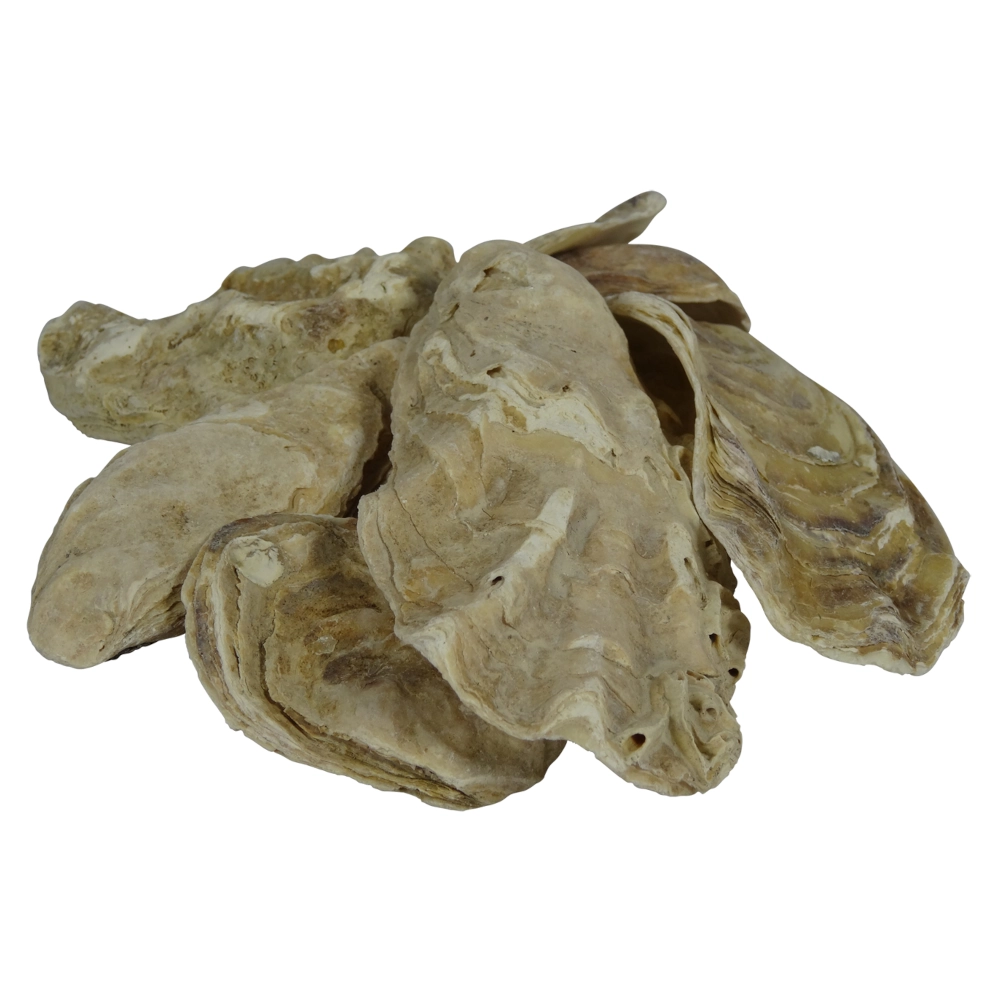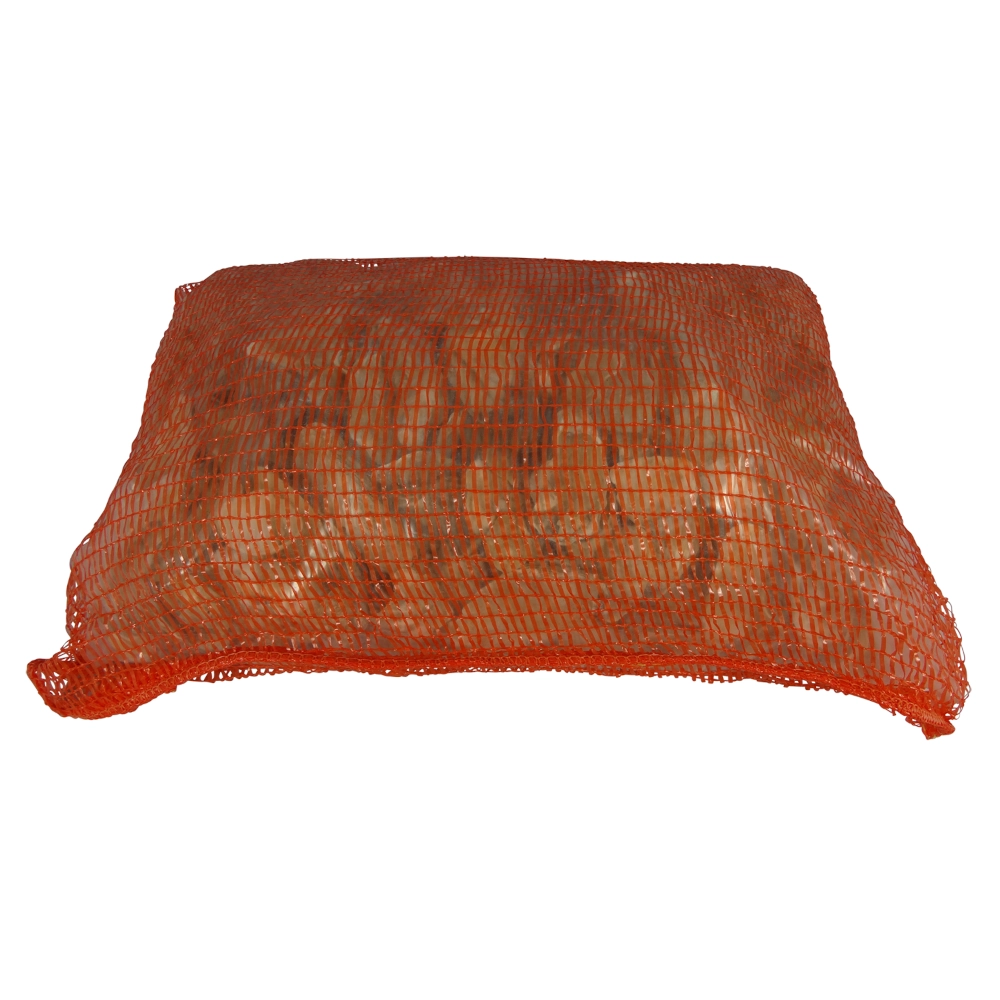Oyster shells 5 kg
21,90 €*
Disponibile subito, tempo di consegna 2-3 Tage (5-7 Tage bei Versand ins Ausland)
Oyster shells - KH and pH alwaysin order
Oyster shells have a distinctly stabilising effect on the carbonate hardness of the water (KH value) and thus also on the acidity (pH value). We supply clean and disinfected oyster shells of high quality.
It is often assumed that with slightly harder tap water no problems with the KH and pH value would arise. The KH value is considered to be a buffer of the pH value of the water to a certain degree. Fish, plants and biological filters break down the carbonate hardness of the water. If then, for example in winter, little water is renewed, the KH value can quickly drop too far. Even in times with a lot of precipitation, the KH value decreases rapidly. This has serious consequences for the fish, because it can lead to a so-called pH crash - a sudden sharp drop in the pH value.
In many cases, the KH value in the fish pond is not measured frequently enough. Only when problems occur, i.e. when it is actually already too late, are measures taken, for example in the form of adding agents such as KH+ powder.
However, KH+ powder has some disadvantages:
- a lot of powder quickly disappears via the bottom drain or the filter system
- the short-term boost effect causes large fluctuations in the water values
- constant measurements and further powder additions are necessary.
Oyster shells provide a complete, longer-term stabilisation of the KH and pH values. The shells only slowly dissolve when the KH drops, buffering the pH value. Completely independent of the amount of precipitation, water renewal or the time of year, the oyster shells keep the KH and pH value in your pond at a stable level. Only when the oyster shells have almost completely dissolved does new material need to be added. Roughly speaking, 1 bag of oyster shells is needed per 10 m³ of water per year; the exact amount depends, of course, on the influences described above and other factors.
We supply oyster shells in a net (bag) so that they can easily dissolve. The oyster shells have been washed with chlorine and then dried, which ensures that no harmful bacteria, fungi or germs settle on them. The shells are also excellent as biological filter material in trickle filters or multi-chamber systems.


